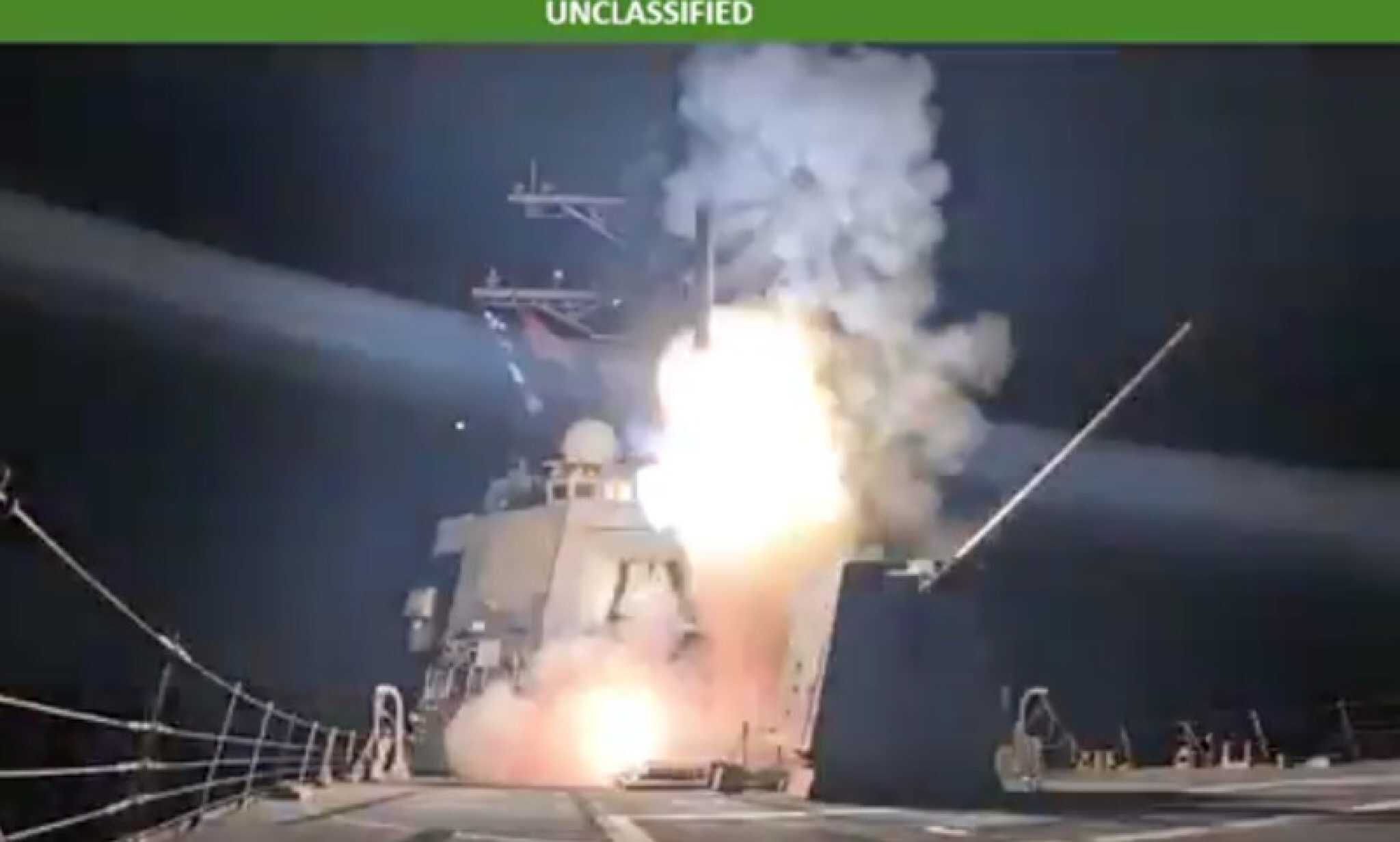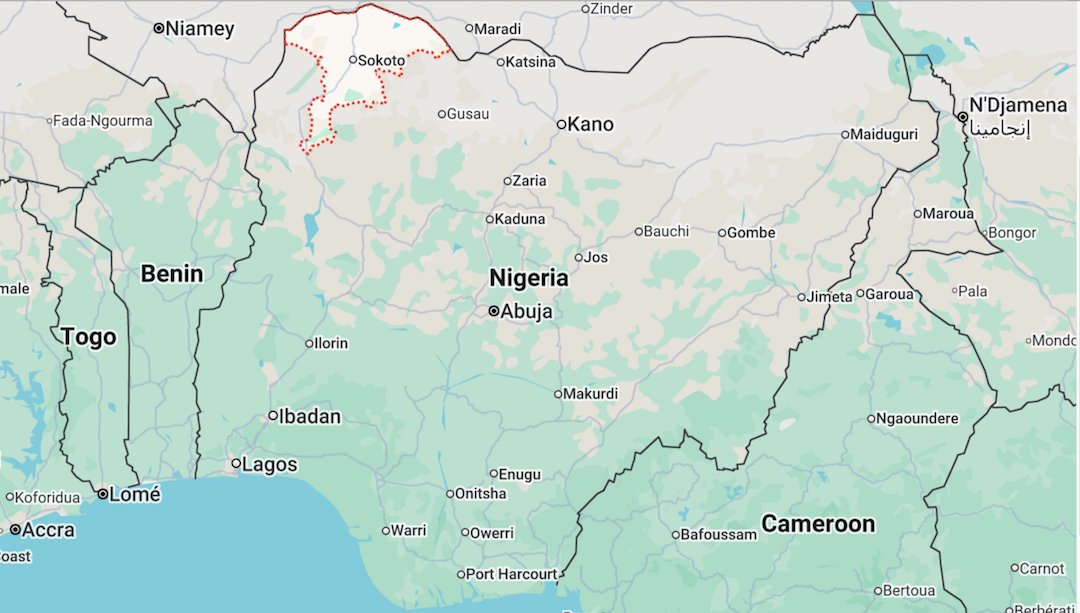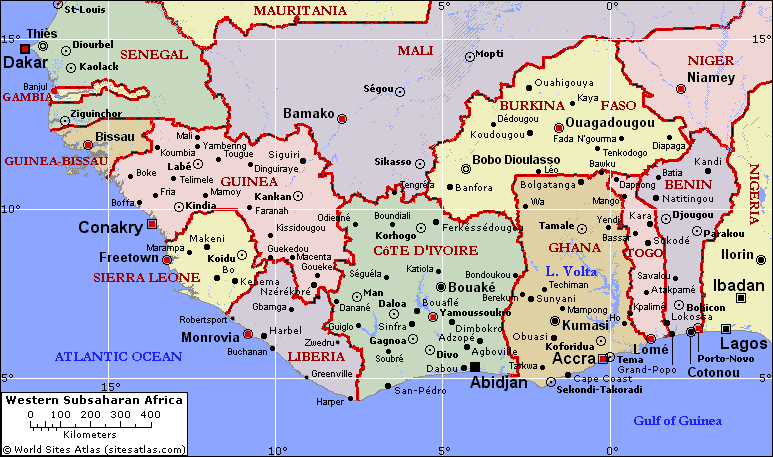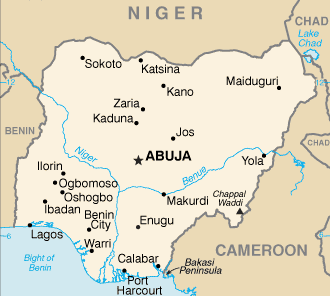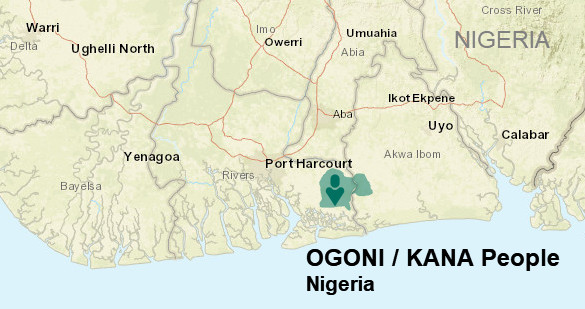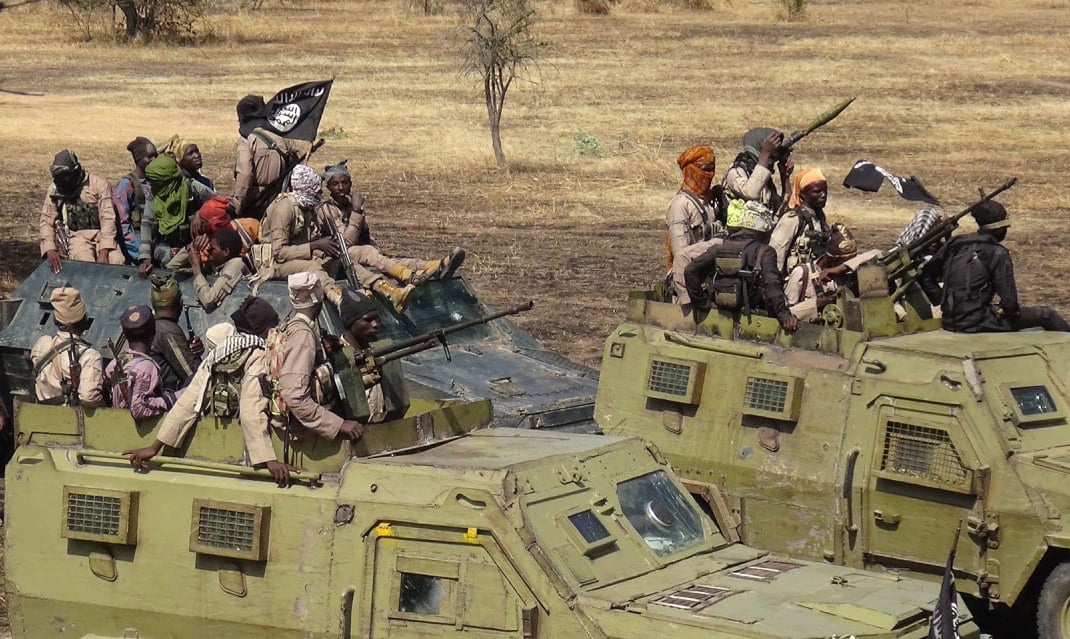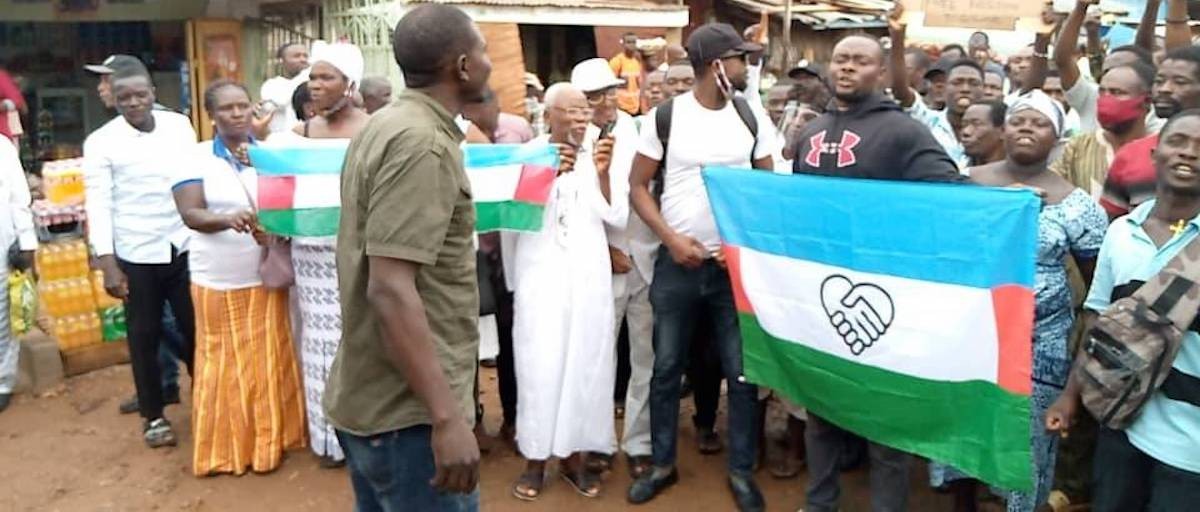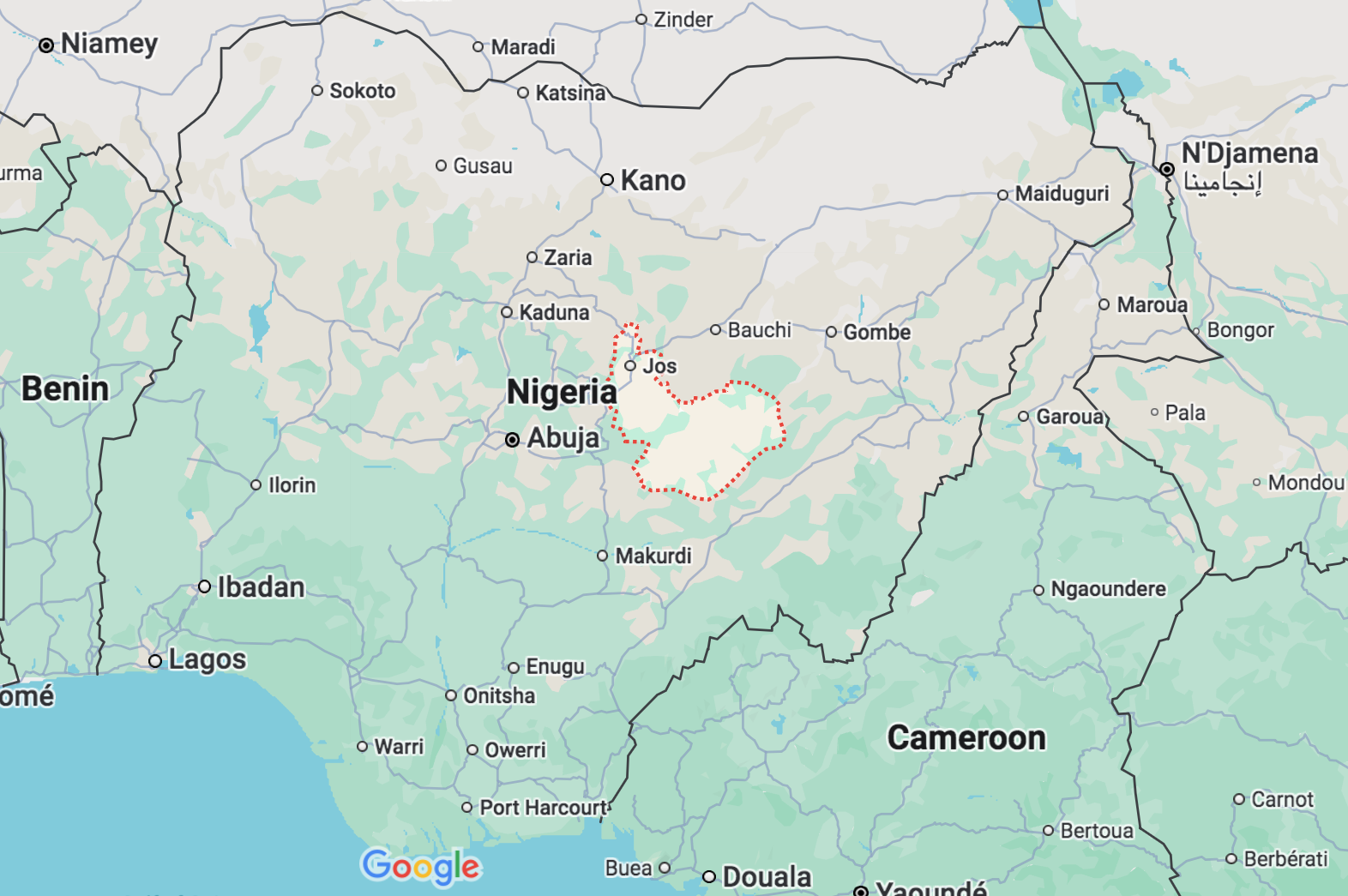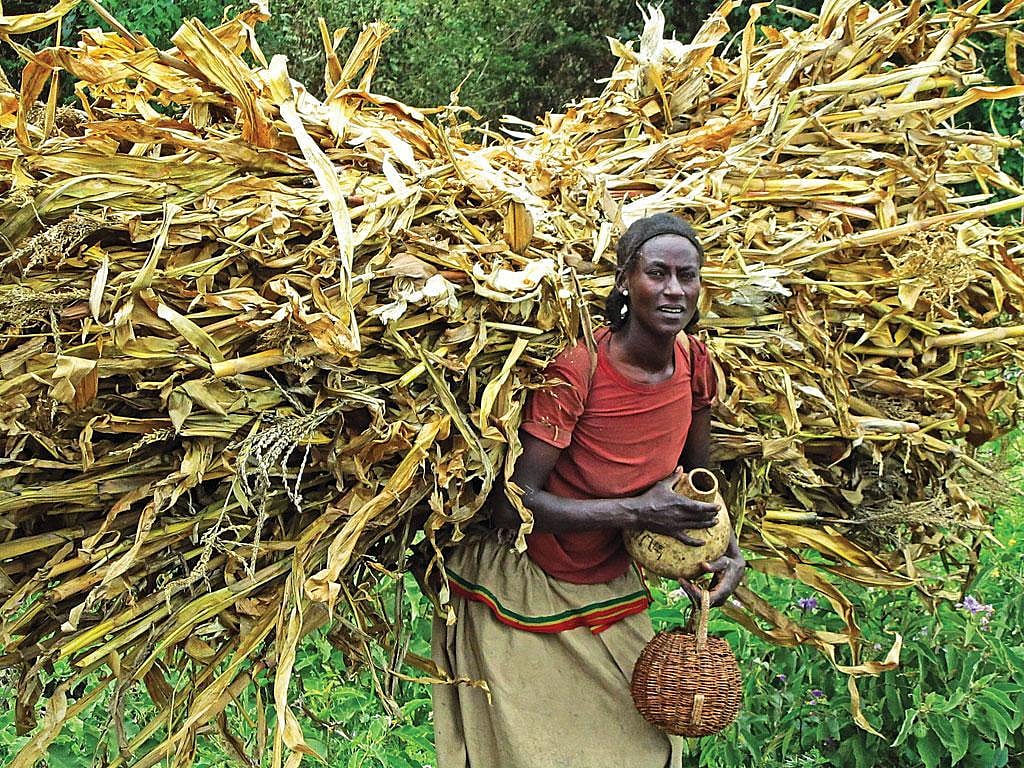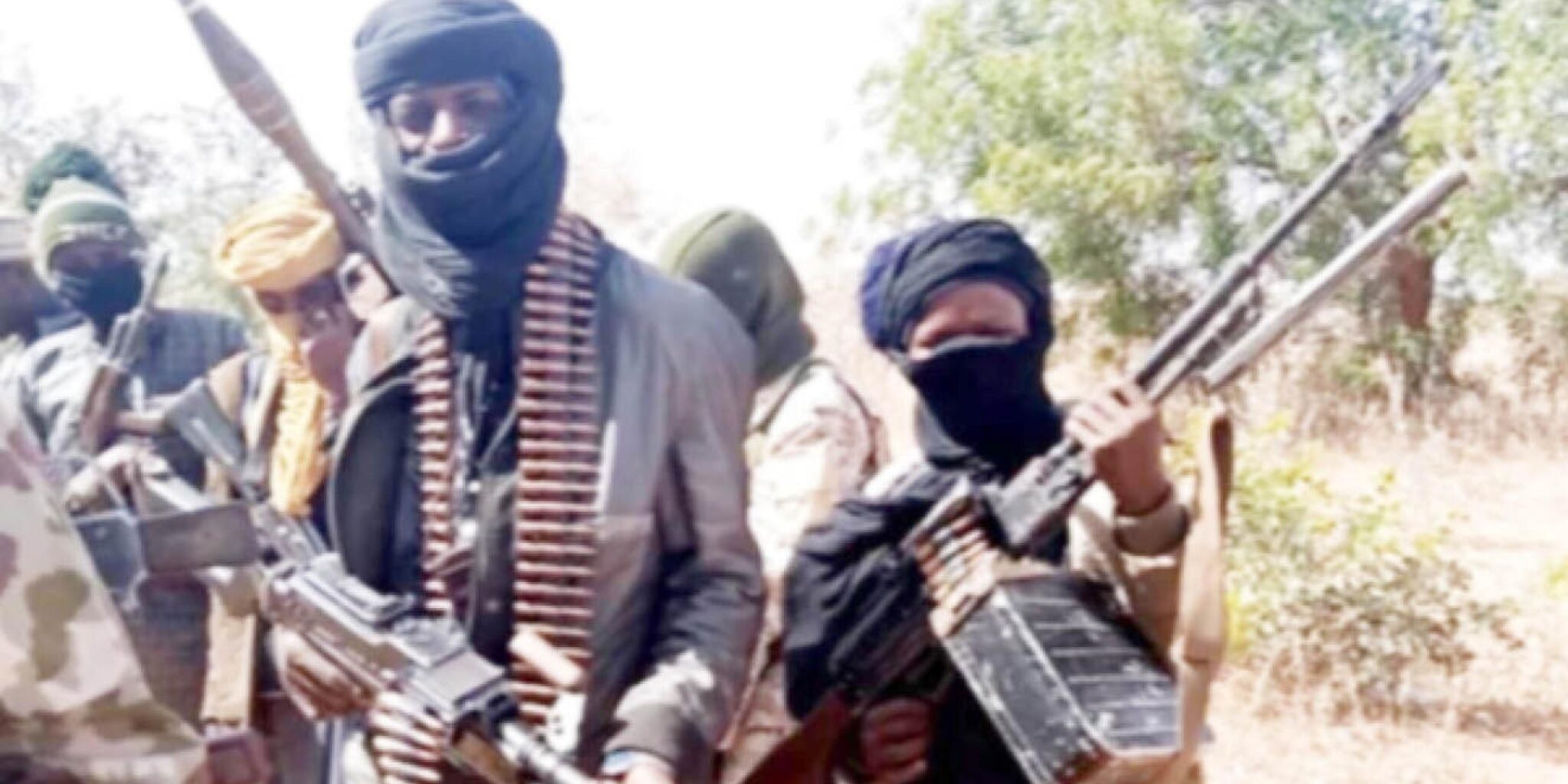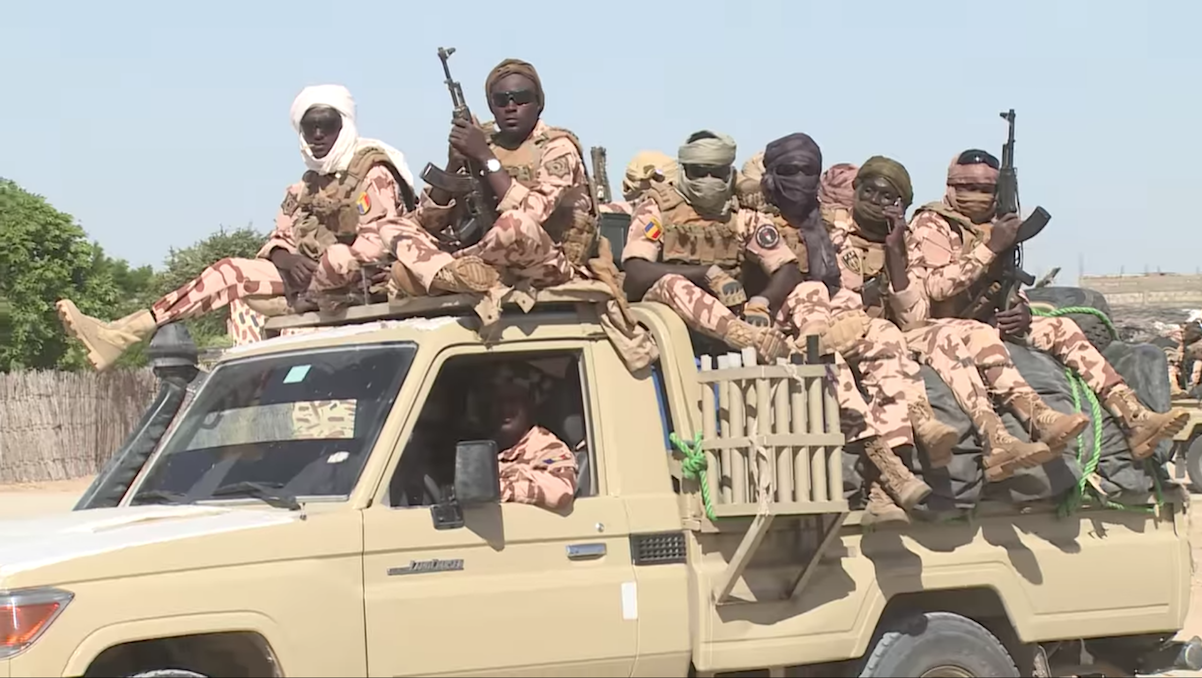
War crime seen in Niger drone strike
A government drone strike in western Niger killed at least 17 civilians, including four children, and injured at least 13 others when it hit a crowded market, according to an investigation by Human Rights Watch (HRW). The afternoon strike in Kokoloko village in the Tillabéri region killed three Islamic State fighters but also devastated the market where hundreds of people had gathered, HRW reported. The organization said the attack violated laws-of-war prohibitions against indiscriminate attacks and may amount to a war crime. (Map: PCL)



